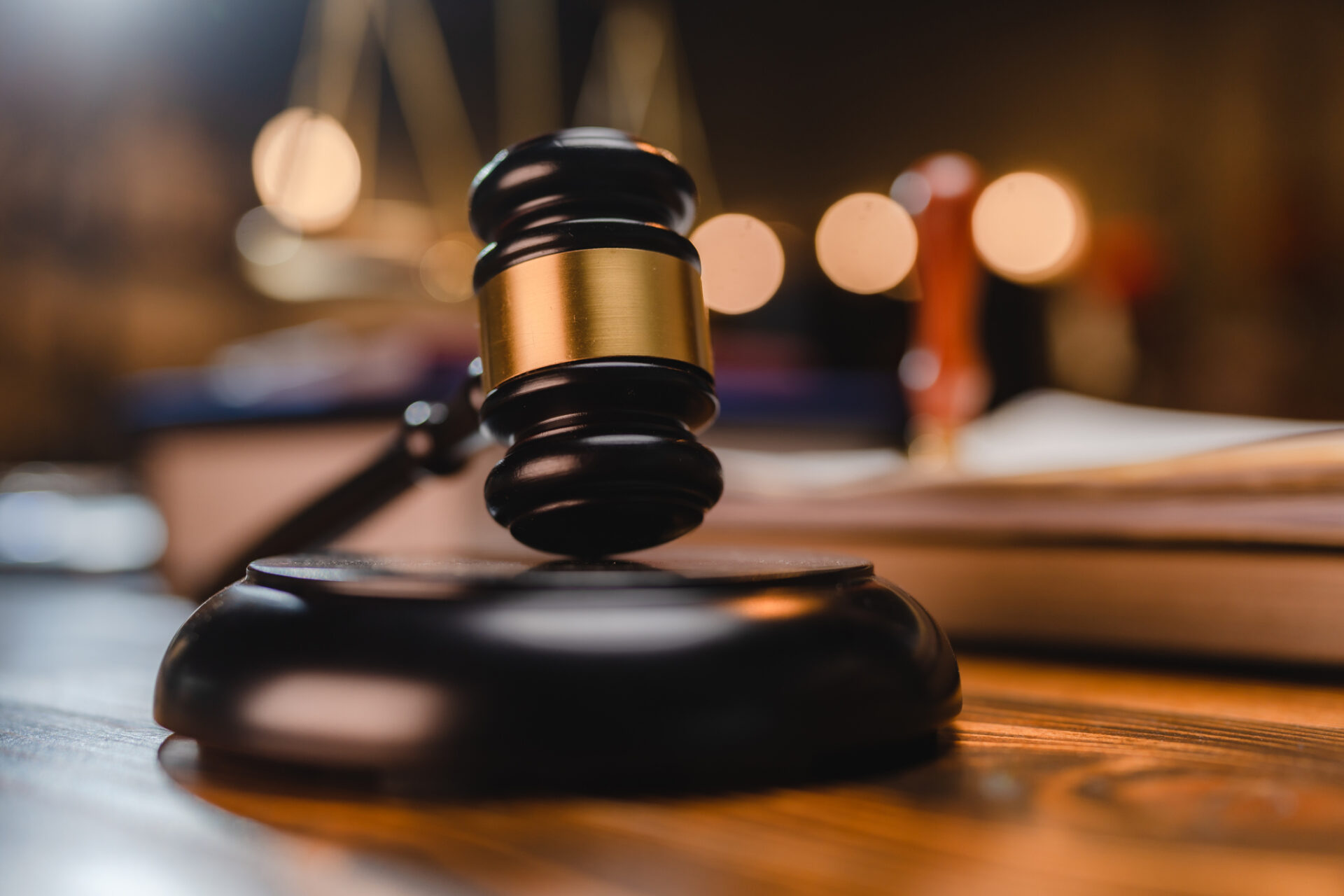
February 4, 2025
OP-ED: Can Fired DEI Professionals Sue Attackers For Defamation?
DEI opponents should be held legally accountable for the damage they have done to people’s careers.
Written by Shaun Harper
They are evil, racist, divisive, and destructively woke. Nothing they do has any value — every program and policy for which they are responsible is a complete waste of taxpayers’ dollars and corporate investments. They all discriminate against white men who, no matter what, are always more talented and deserving than everyone else. They are poisoning schools, colleges, workplaces, and our nation’s military. They all hate America and are teaching others to do the same. None of them are qualified or competent. They were only hired because of their race, gender, and other identities, not because of any respectable credentials. These erroneous universal claims about DEI professionals have largely resulted in the massive elimination of their roles over the past 18 months. Could those who have been fired individually, or perhaps even collectively, sue spreaders of misinformation and disinformation for defamation?
Hosts and guests on cable news networks, as well as social media influencers, make all sorts of exaggerated, unfounded claims about the work that DEI professionals do. U.S. President Donald Trump, along with many conservative governors, congresspersons, state legislators, college trustees, and K-12 school board members, do the same. They almost always do so without substantial evidence, at best with anecdotes. Many of them have not experienced DEI programs firsthand — certainly not enough times to make blanket declarations about their aims, goodness, and effectiveness. Great Americans are losing their jobs because opportunistic obstructionists with political agendas have very publicly lied about them and their work. DEI opponents should be held legally accountable for the damage they have done to people’s careers.
I have never sued a person, but I would if someone sought to ruin my professional reputation by making untrue claims about what occurs in my classrooms at the University of Southern California without having come here, without having analyzed my 22 years of course evaluations, without having spoken with more than a small handful of the thousands of students I have had the pleasure of teaching, and without asking me directly for evidence of what and how I teach. I would insist that they wait until Teachers College Press publishes my newest book this summer – in it, my students and I model how to engage in respectful disagreements about DEI. The book is the antithesis of the indoctrination that DEI opponents wrongly accuse professors of manufacturing in our classrooms.
Furthermore, I have delivered hundreds of DEI-focused speeches. Unless they have been in multiple audiences of mine, DEI obstructionists cannot make credible statements about what I do and say on stages. They would have to furnish specific examples and proof of harm. They would not be able to because I mostly receive standing ovations. Professional learning sessions that I design and deliver for educational institutions, businesses, and other organizations consistently earn impressively high ratings. Specifically, on average, 94% of participants (including heterosexual white men) deem them practically useful, and 95% rate them excellent. If someone erroneously claimed that what I was doing in the name of DEI was trash and their deliberate misrepresentations led to negative career outcomes for me, I would have no choice but to sue them.
Some folks who simply want to get elected, along with others who enjoy being social media famous and occasionally invited to appear on TV shows and into meetings with corporate executives, are dishonestly achieving their aims at the expense of DEI professionals. It is important to note that their recklessness disproportionately affects the careers of women, people of color, and LGBTQ+ professionals. If they and other colleagues whose careers have been wrecked by misinformation, disinformation, and baseless exaggerations could sue for slander, they should.
Former New York City Mayor Rudy Giuliani told lies that ruined two Black women’s lives. He was found guilty of defamation and ordered to pay $148 million to those two Georgia election poll workers. DEI professionals who have been lied about also deserve to receive significant compensation. Some who have lost jobs will pursue litigation against their former employers on the grounds of wrongful termination; that may work. But they ought not to hold blameless people who make baseless generalizations about all DEI professionals. Some flamboyant, self-anointed DEI attackers loudly claim victory and celebrate the discontinuation of programs and positions across industries. They are practically begging to be sued. With the very best Los Angeles attorneys by my side, I most certainly would if they did to me what they have done to too many DEI professionals who have undeservingly been placed out of work.
______________________________________
Shaun Harper is a University Professor and Provost Professor of Education, Business, and Public Policy at the University of Southern California, where he holds the Clifford and Betty Allen Chair in Urban Leadership. He is also the USC Race and Equity Center’s founder and chief research scientist.